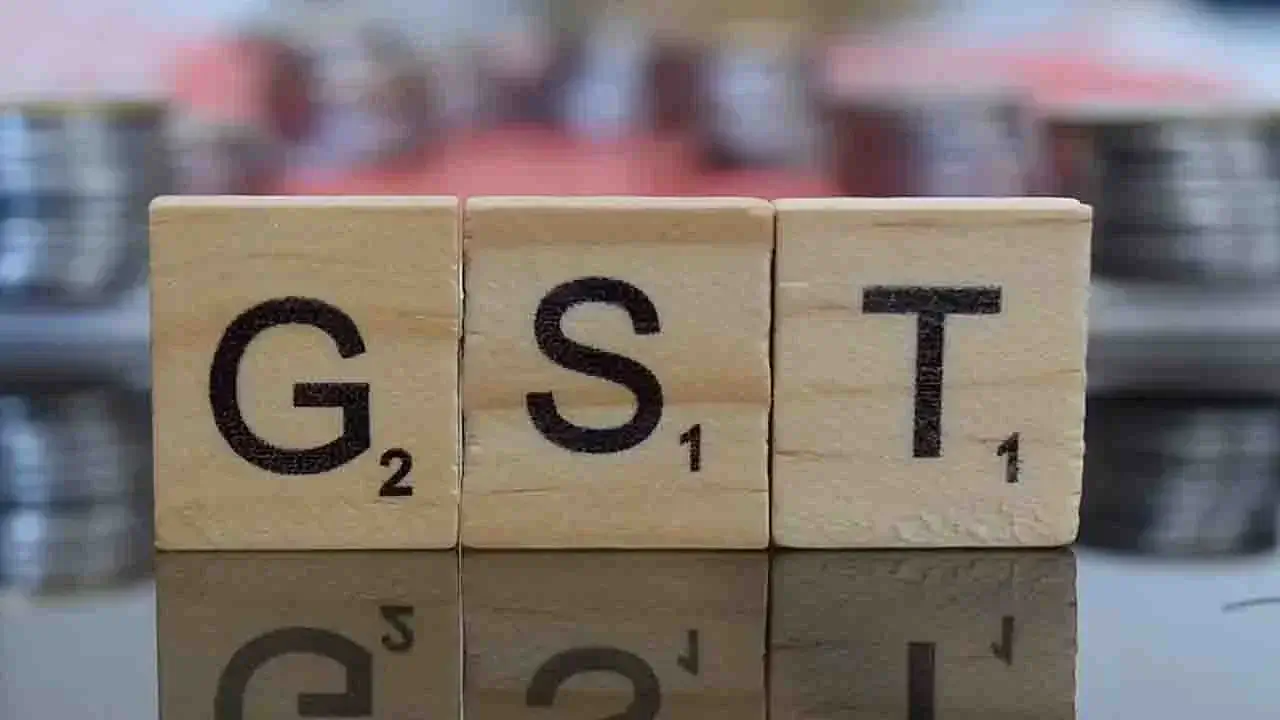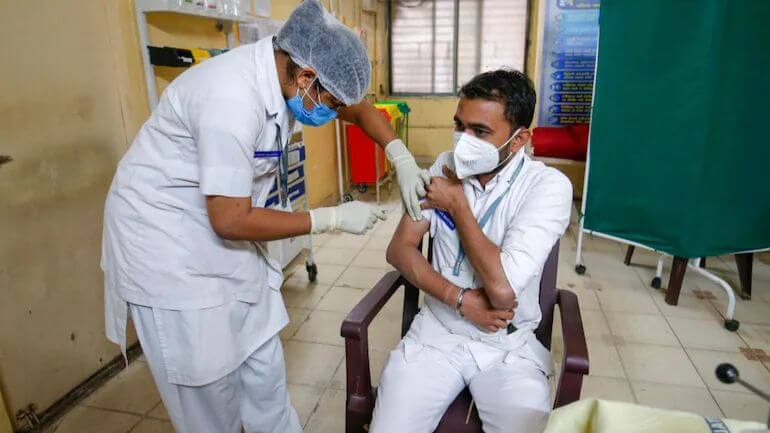A number of items will be subject to Goods and Services Tax (GST) after the GST Council approved changes to tax rates on certain goods and services in order to rationalize the levy.
The GST council, the highest decision-making body on the levy of goods and services tax, led by Union Finance Minister Nirmala Sitharman and comprised of representatives from all states and UTs, made the decision.
Here is a list of items and services that may change during the meeting.
1. Meat, fish, curd, lassi, paneer, honey, dried makhana, wheat, all goods, and organic manure will no longer be exempt from GST and will now be subject to a 5% tax.
2. On fees charged by banks for the issuance of cheques, an 18% GST will be levied (loose or in book form)
3. Unpacked, unlabeled, and unbranded goods will continue to be exempt from GST.

4. A 12% tax will be levied on maps and charts, including atlases.
5. A 12% tax will be levied on hotel rooms costing less than Rs 1,000 per day.
6. Concerning the e-way bill on intra-state movement of gold, gold jewelry, and precious stones to combat evasion, the council suggested that states determine the threshold above which the electronic bill becomes mandatory.
7. The GST council also suggested that the inverted duty structure be corrected for items such as edible oil, coal, LED lamps, printing/drawing ink, finished leather, and solar water heaters.
8. Aside from these, the council is expected to discuss a 28% tax on casinos, online gaming, and horse racing.
What exactly is GST?
The GST is the central government’s single indirect tax. The GST was implemented on July 1, 2017, and states were guaranteed compensation for revenue losses caused by the GST rollout until June 2022.














